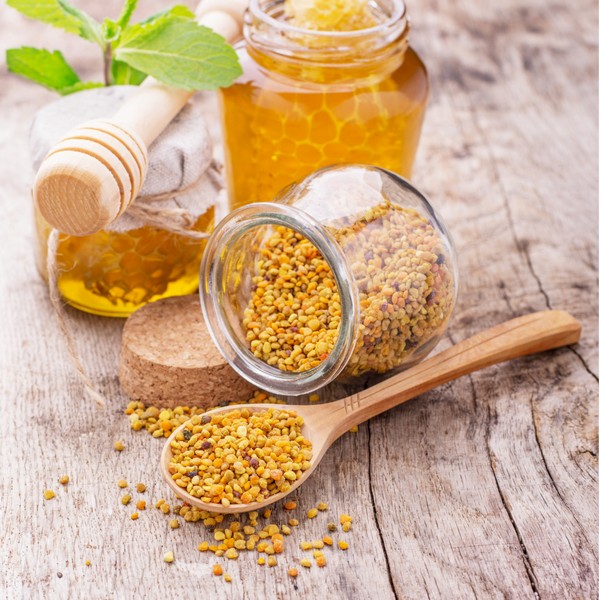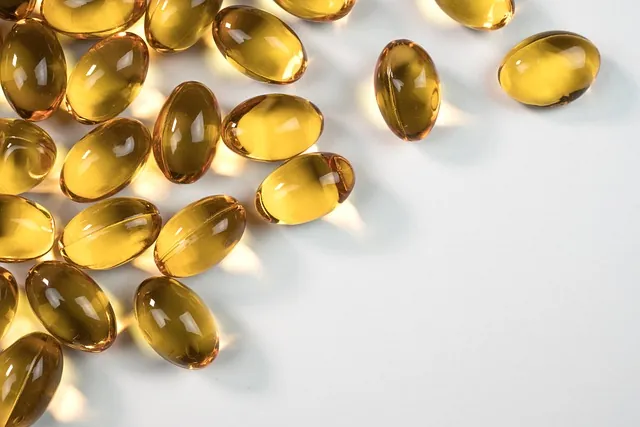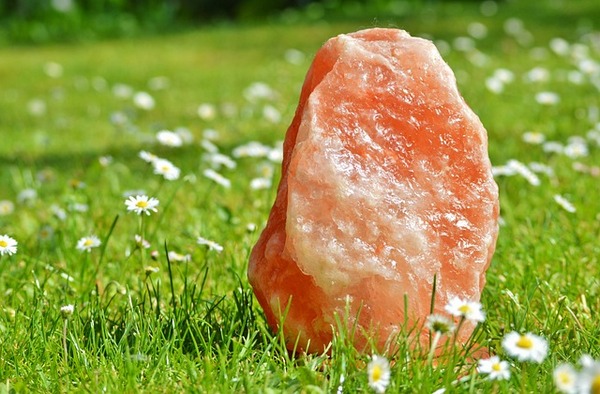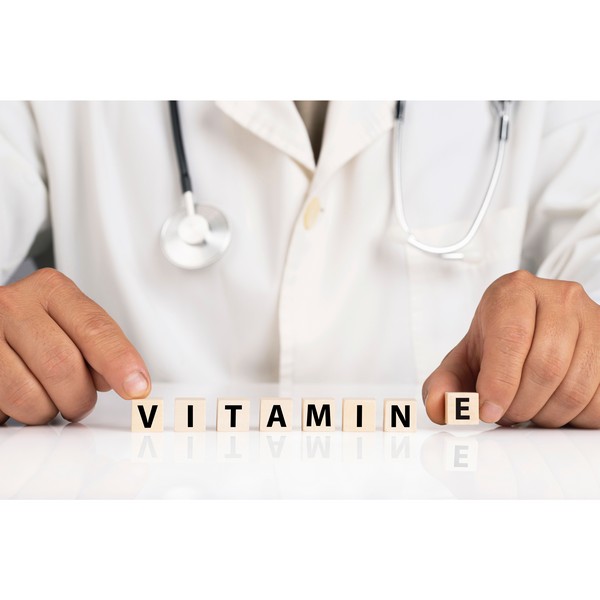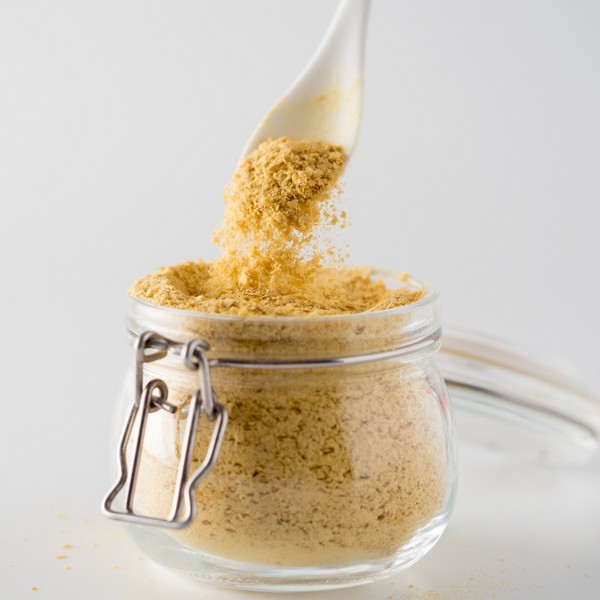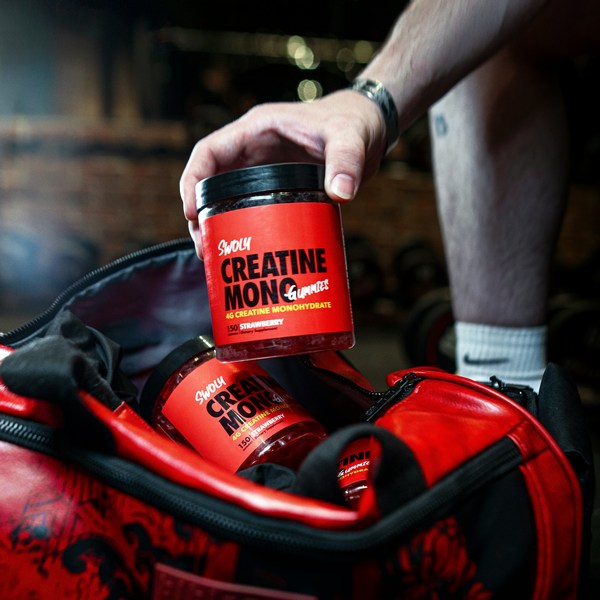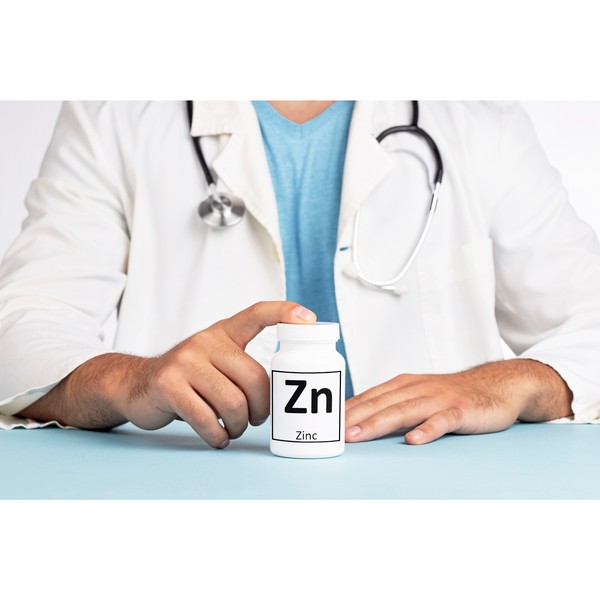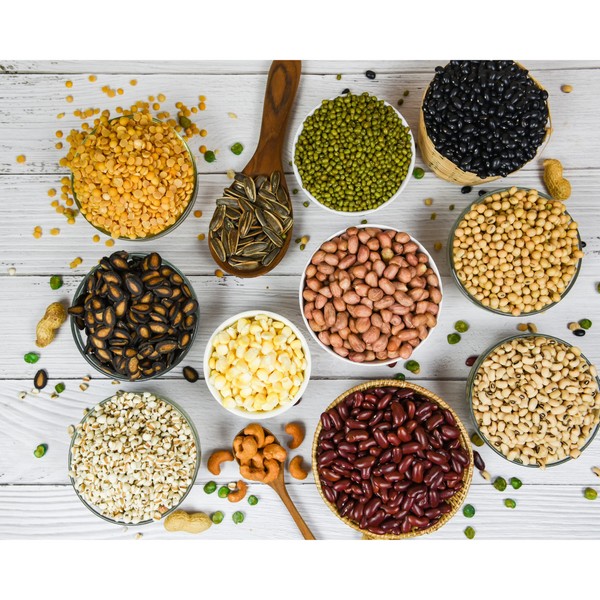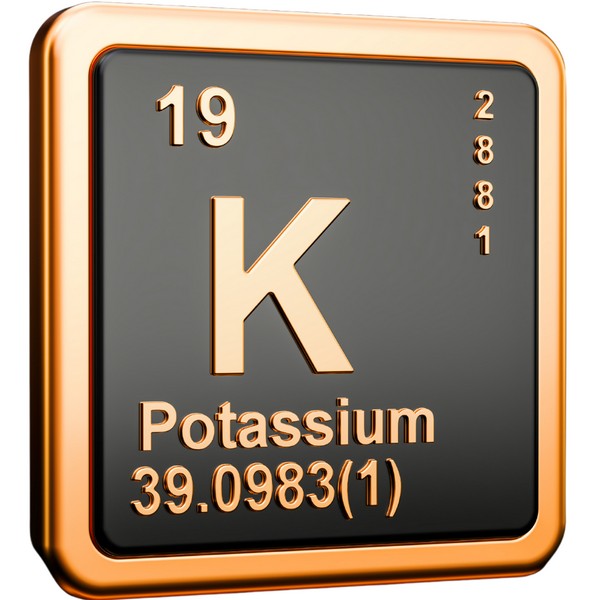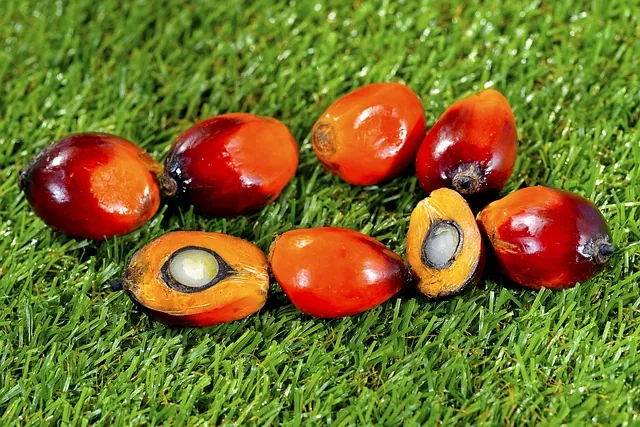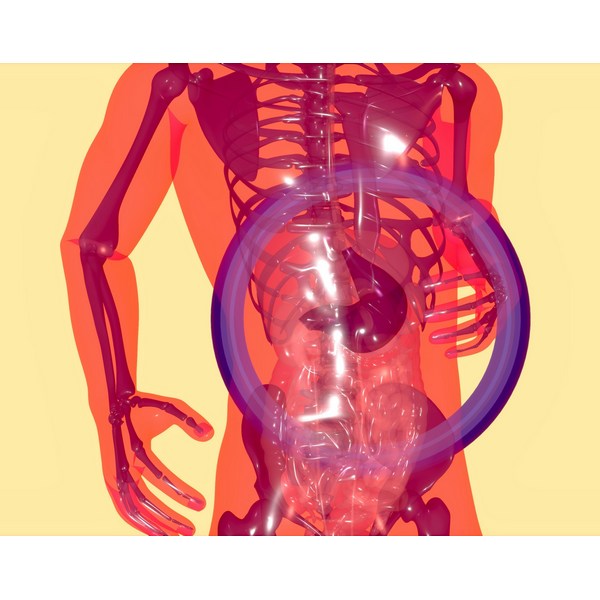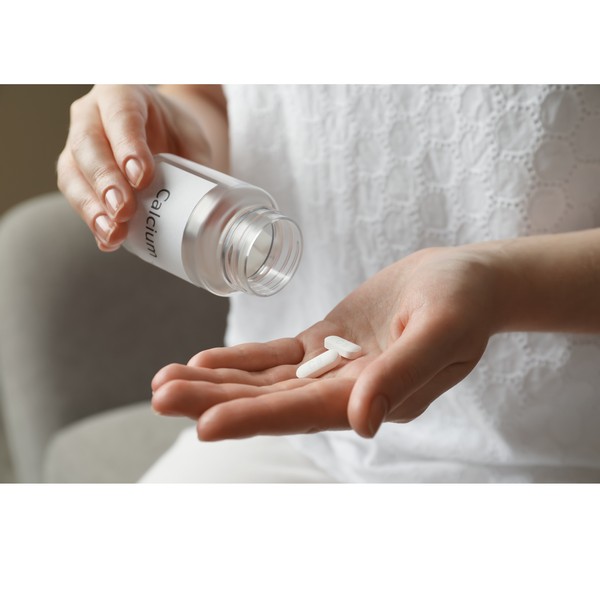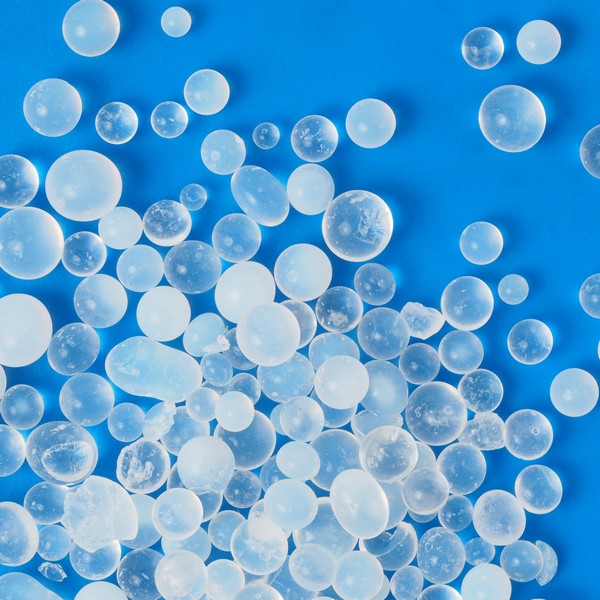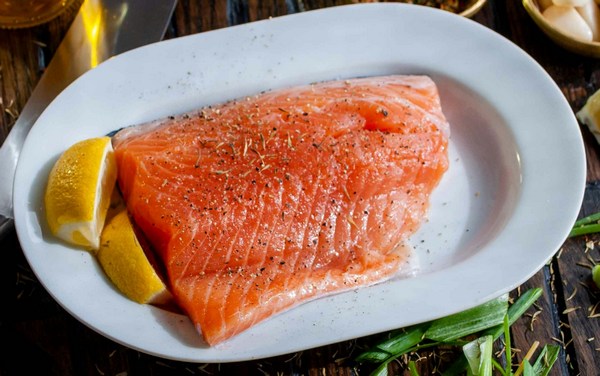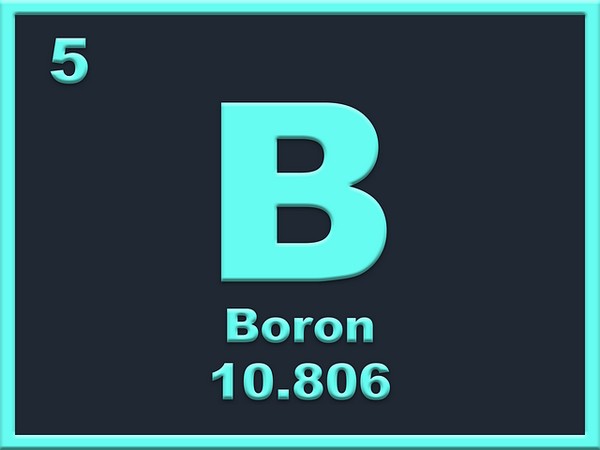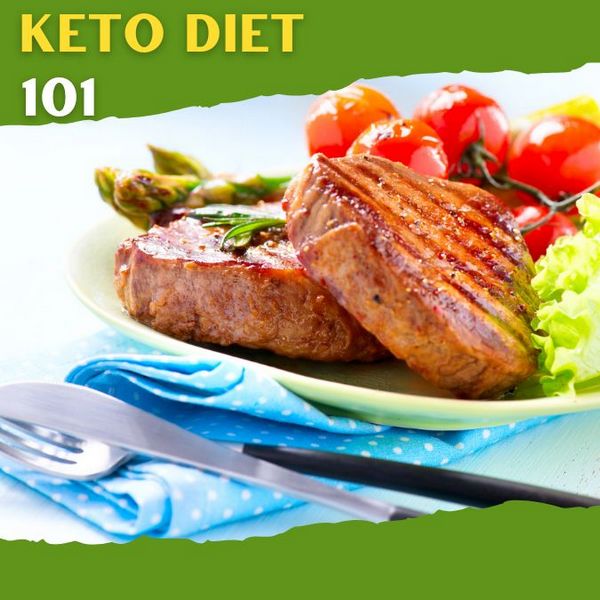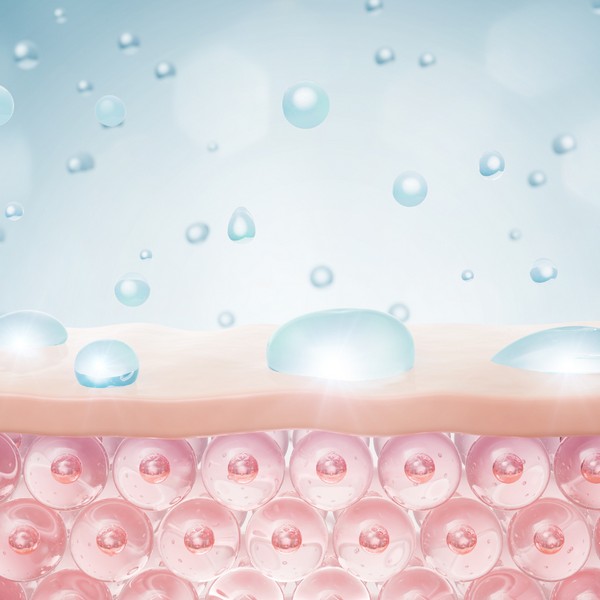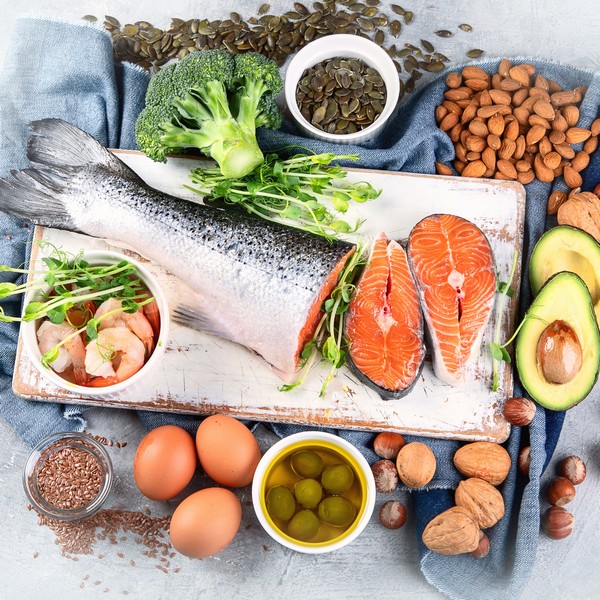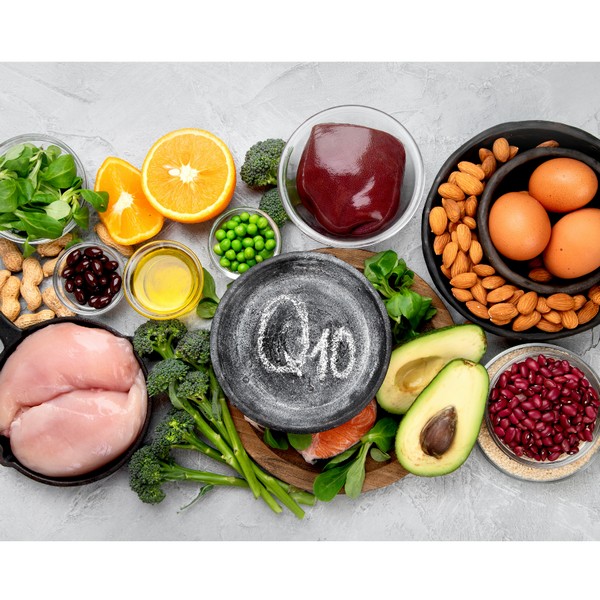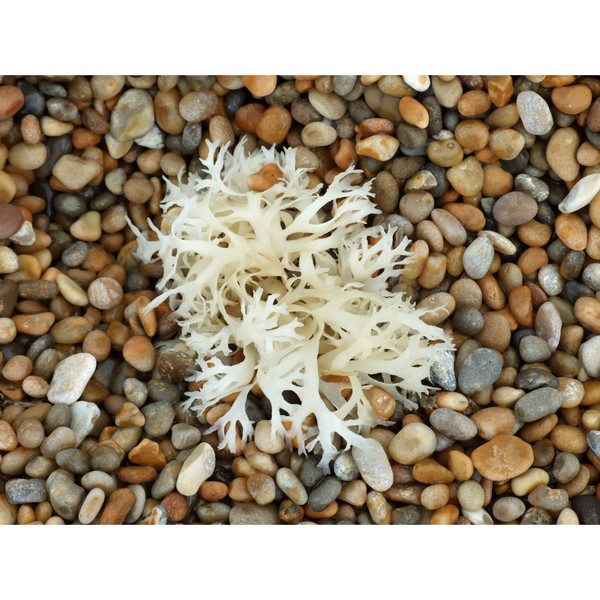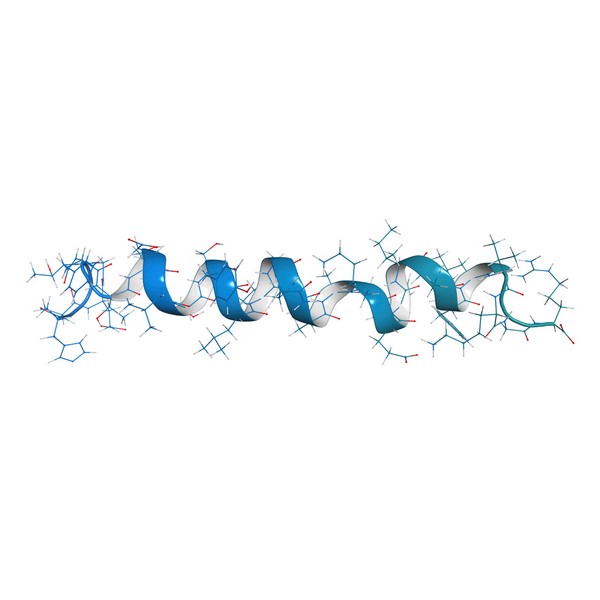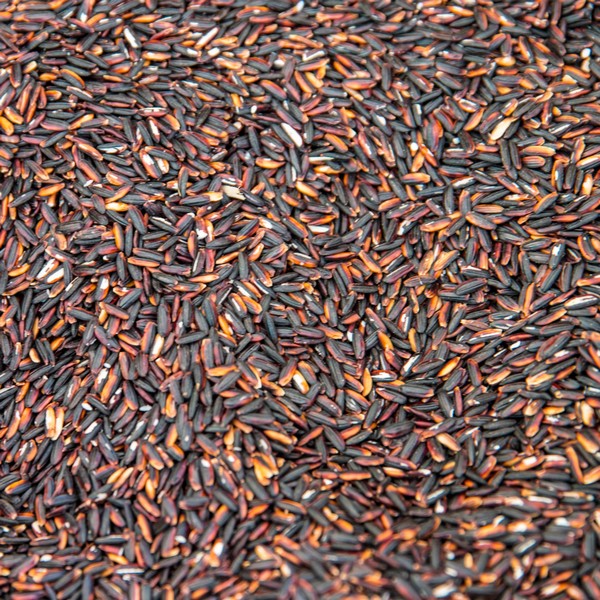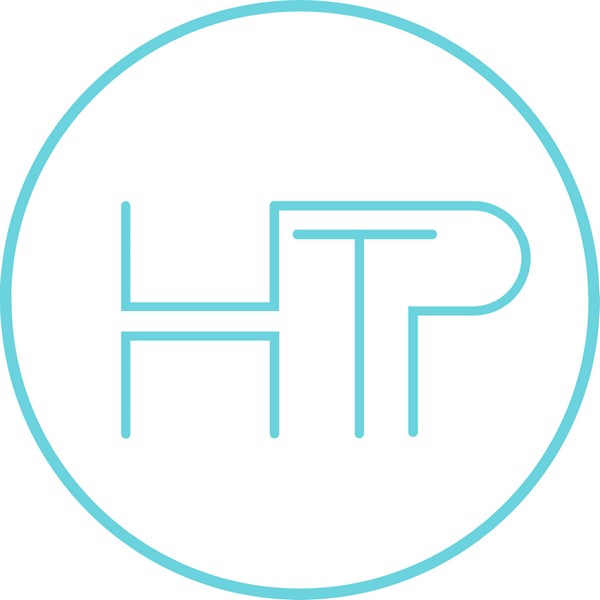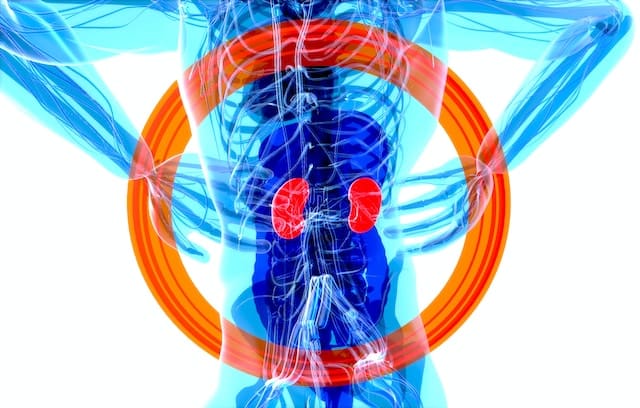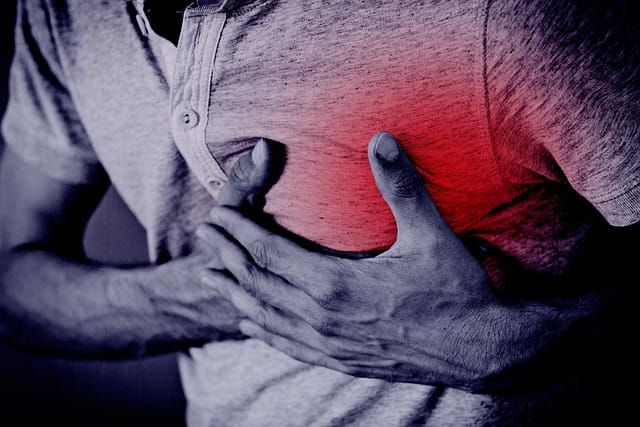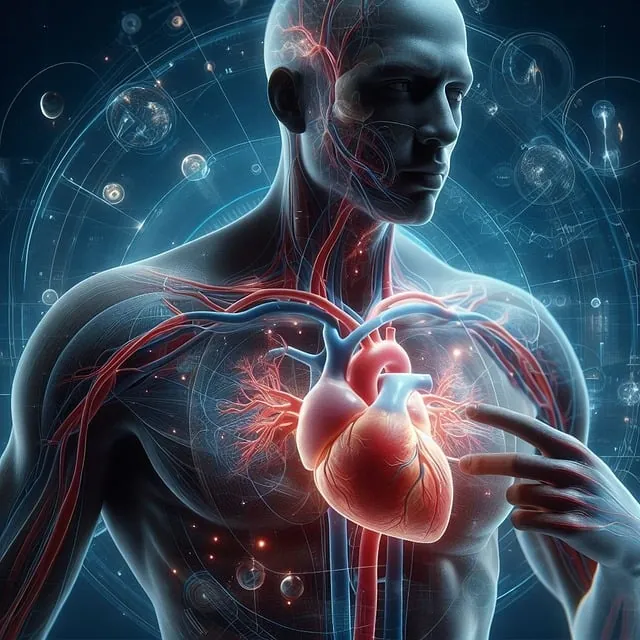Key Takeaways:
- Adrenal fatigue is often linked to prolonged stress, leading to tiredness, brain fog, and mood swings.
- Disruptions in cortisol production can affect energy, sleep, and overall well-being.
- Symptoms may include sugar cravings, body aches, and trouble waking up in the morning.
- Red meat, organ meats, and healthy fats support adrenal function and recovery.
- Adrenal cocktails with key nutrients can help replenish mineral levels and restore balance.
What is Adrenal Fatigue?

Adrenal fatigue occurs when the adrenal glands are overworked due to long periods of stress or poor lifestyle habits.
The condition may result in hormone imbalances, fatigue, and difficulty in handling physical or emotional stress.
Causes of Adrenal Fatigue
- Ongoing physical or mental stress
- Poor eating habits, such as excessive sugar or processed food consumption
- Lack of quality sleep
- Overuse of stimulants like caffeine or energy drinks
Common Symptoms
- Feeling tired even after a full night’s sleep
- Difficulty waking up in the morning
- Cravings for sweet or salty foods
- Brain fog and memory issues
- Increased irritability and inability to handle stress
- Hormonal imbalances affecting mood and energy
Adrenal Function and Cortisol
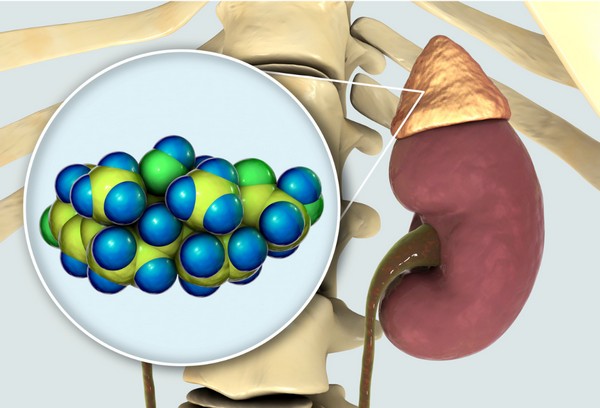
The adrenal glands produce several important hormones, with cortisol being the most well-known.
Cortisol helps regulate the body’s response to stress and supports energy metabolism. When the body is under stress, the adrenals release cortisol to help manage the response.
However, chronic stress may cause the adrenal glands to produce too much or too little cortisol, leading to imbalances.
Role of Cortisol in the Body
Cortisol influences the body’s metabolism, controls inflammation, and affects how the body manages stress. It also helps regulate sleep-wake cycles and blood sugar levels.
How Stress Affects Cortisol Production
When stress becomes constant, the adrenal glands may struggle to produce the right amount of cortisol.
High cortisol levels can lead to energy crashes, poor sleep, and mood swings. Low cortisol levels can cause exhaustion and increased cravings for salty foods.
Nutritional Support for Adrenal Fatigue

Focusing on nutrient-dense bioavailable foods helps the adrenal glands restore balance and function. Key nutrients like B vitamins, magnesium, and potassium are needed for adrenal support.
Ruminant Meat
Red meat and organ meats are rich in vital nutrients that help with energy production and adrenal recovery.
Grass-fed options are preferable as they contain higher levels of vitamins and minerals, such as B12, iron, and zinc, which are necessary for hormone production and stress management.
Eggs and Seafood
Eggs and seafood provide high-quality protein and omega-3 fatty acids, which are beneficial for hormone regulation and reducing inflammation. The healthy fats in these foods help restore adrenal function.
Ghee, Butter, and Tallow
Healthy fats from animal sources like ghee, butter, and tallow provide the building blocks for hormone production. They also support the brain and reduce inflammation, promoting adrenal recovery.
Avoiding High-Carb, High-Sugar Foods
Excessive carbohydrates and sugars can spike blood sugar levels, putting additional stress on the adrenals. Reducing these foods helps stabilize energy and allows the adrenals to recover.
Lifestyle Changes for Adrenal Recovery

Restoring adrenal health requires more than just changes in diet. Healthy lifestyle habits can further support recovery.
Sleep and Recovery
Adequate sleep and rest are essential for allowing the adrenal glands to recover. Aiming for consistent sleep patterns and avoiding overexertion during the day helps prevent burnout.
Managing Stress
Using relaxation methods like deep breathing, meditation, or spending time in nature can reduce stress and help lower cortisol levels. These techniques calm the nervous system and promote a sense of well-being.
Avoiding Over-Reliance on Stimulants
Relying on stimulants like caffeine can make adrenal fatigue worse by pushing the body beyond its limits. Cutting back on stimulants and focusing on nourishing foods and rest will help restore energy levels.
Adrenal Cocktail for Recovery
An adrenal cocktail is a simple drink that helps replenish key minerals needed for adrenal support.
It combines whole food sources of potassium, sodium, and vitamin C, which are important for hormone balance and reducing stress. A common recipe includes:
- 1/4 teaspoon of cream of tartar (for potassium)
- 1/4 teaspoon of sea salt (for sodium)
- 4 ounces of orange juice (for vitamin C)
This drink can be consumed once or twice a day to help restore mineral balance and support adrenal recovery.

Animal-Based Diet for Recovery
A diet focused on nutrient-dense animal foods provides essential vitamins and minerals that help the body recover from adrenal fatigue. Red meat, organ meats, eggs, and seafood contain bioavailable nutrients that assist with hormone production and energy levels.
How Nutrient-Dense Animal Foods Support Hormone Production
Animal-based foods offer high levels of bioavailable vitamins, like B vitamins and vitamin A, which are crucial for hormone production and adrenal health.
Importance of Fats in Restoring Adrenal Health
Fats from animal sources, such as ghee, butter, and tallow, help stabilize energy levels, support brain function, and assist in the production of adrenal hormones.
FAQs
- What causes adrenal fatigue?
Adrenal fatigue is often caused by chronic stress, poor diet, and lack of sleep, which affect the adrenal glands’ ability to produce hormones. - What foods support adrenal recovery?
Nutrient-dense animal foods like red meat, organ meats, eggs, and healthy fats support adrenal health by providing essential vitamins and minerals. - How does an adrenal cocktail help?
The adrenal cocktail replenishes key minerals like potassium and sodium, helping to restore hormone balance and reduce stress. - Can reducing caffeine help with adrenal fatigue?
Cutting back on caffeine helps reduce strain on the adrenal glands and allows the body to recover its natural energy levels. - How long does it take to recover from adrenal fatigue?
Recovery time varies, but with proper diet, rest, and stress management, it can take anywhere from a few weeks to several months.
Research
Ahn YW. Adrenal fatigue and stress. Korean J Stress Res. 2010. 18:Suppl 1. 12–15.
Boyle, S.P., Dobson, V.L., Duthie, S.J., Hinselwood, D.C., Kyle, J.A.M., and Collins, A.R., 2000. Bioavailability and efficiency of rutin as an antioxidant: a human supplementation study. European Journal of Clinical Nutrition, 54(10), pp.774-782.
Chen, Y., Michalak, M., and Agellon, L.B., 2018. Focus: Nutrition and food science: Importance of nutrients and nutrient metabolism on human health. The Yale Journal of Biology and Medicine, 91(2), p.95.
DeCava, J.A., 1997. The Real Truth about Vitamins and Antioxidants.
D’Elia, L., 2024. Potassium Intake and Human Health. Nutrients, [online] 16(6), p.833.
https://doi.org/10.3390/nu16060833.
Fitzpatrick, T.B., Becker Jr, S.W., Lerner, A.B., and Montgomery, H., 1950. Tyrosinase in human skin: demonstration of its presence and of its role in human melanin formation. Science, 112(2904), pp.223-225.
Frazer, D.M., and Anderson, G.J., 2014. The regulation of iron transport. Biofactors, 40(2), pp.206-214.
Frost, M., 1997. Going Back to the Basics of Human Health. San Diego, Calif.: International Foundation for Nutrition and Health.
Fries E, Hesse J, Hellhammer J, Hellhammer DH. A new view on hypocortisolism. Psychoneuroendocrinology. 2005. 30:1010–1016.
Greer, R.C., Marklund, M., Anderson, C.A.M., Cobb, L.K., Dalcin, A.T., Henry, M., and Appel, L.J., 2020. Potassium-Enriched Salt Substitutes as a Means to Lower Blood Pressure. Hypertension, 75(2), pp.266–274.
He, F.J., and MacGregor, G.A., 2008. Beneficial effects of potassium on human health. Physiologia Plantarum, 133(4), 725-735.
Irwin, M., Daniels, M., Craig Risch, S., Bloom, E., and Weiner, H., 1988. Plasma cortisol and natural killer cell activity during bereavement. Biological Psychiatry, 24(2), pp.173–178.
Jensen, B., 1995. Empty harvest: understanding the link between our food, our immunity, and our planet. Penguin.
Kempná, P., and Flück, C.E., 2008. Adrenal gland development and defects. Best Practice & Research Clinical Endocrinology & Metabolism, 22(1), 77-93.
Kris-Etherton PM, Hecker KD, Bonanome A, Coval SM, Binkoski AE, Hilpert KF, Griel AE, Etherton TD. Bioactive compounds in foods: their role in the prevention of cardiovascular disease and cancer. Am J Med, 2002 Dec 30;113 Suppl 9B:71S-88S.
Lai, X., Wichers, H.J., Soler‐Lopez, M., and Dijkstra, B.W., 2018. Structure and function of human tyrosinase and tyrosinase‐related proteins. Chemistry–A European Journal, 24(1), pp.47-55.
McBurney, M.I., Blumberg, J.B., Costello, R.B., Eggersdorfer, M., Erdman Jr, J.W., Harris, W.S., Johnson, E.J., Hazels Mitmesser, S., Post, R.C., Rai, D., and Schurgers, L.J., 2021. Beyond nutrient deficiency—opportunities to improve nutritional status and promote health modernizing DRIs and supplementation recommendations. Nutrients, 13(6), p.1844.
McLean, R. M., & Wang, N. X. (2021). Potassium. Advances in Food and Nutrition Research, 96, 89-121.
https://doi.org/10.1016/bs.afnr.2021.02.013
Murrell, T.S., Mikkelsen, R.L., Sulewski, G., Norton, R., and Thompson, M.L., 2021. Improving potassium recommendations for agricultural crops (p. 455). Springer Nature.
Narayana, K.R., Reddy, M.S., Chaluvadi, M.R., and Krishna, D.R., 2001. Bioflavonoids classification, pharmacological, biochemical effects and therapeutic potential. Indian Journal of Pharmacology, 33(1), pp.2-16.
O'Shea, T., Whole Food Vitamins: Ascorbic Acid Is Not Vitamin C.
Opstad, P.K., 1994. Circadian rhythm of hormones is extinguished during prolonged physical stress, sleep and energy deficiency in young men. Acta Endocrinologica, 131(1), 56-66.
Palmblad J, Levi L, Burger A, Melander A, Westgren U, von Schenck H, Skude G. Effects of total energy withdrawal (fasting) on the levels of growth hormone, thyrotropin, cortisol, adrenaline, noradrenaline, T4, T3, and rT3 in healthy males. Acta Med Scand. 1977 Jan;201(1-2):15-22.
Palmer, B. F., & Clegg, D. J. (2016). Achieving the Benefits of a High-Potassium, Paleolithic Diet, Without the Toxicity. Mayo Clinic Proceedings, 91(4), 496-508.
https://doi.org/10.1016/j.mayocp.2016.01.012
Polonifi, A., Politou, M., Kalotychou, V., Xiromeritis, K., Tsironi, M., Berdoukas, V., Vaiopoulos, G., and Aessopos, A., 2010. Iron metabolism gene expression in human skeletal muscle. Blood Cells, Molecules, and Diseases, 45(3), pp.233-237.
Prasad, R., 2012. Micro mineral nutrient deficiencies in humans, animals and plants and their amelioration. Proceedings of the National Academy of Sciences, India Section B: Biological Sciences, 82, pp.225-233.
Russo, A., Acquaviva, R., Campisi, A., Sorrenti, V., Di Giacomo, C., Virgata, G., Barcellona, M.L., and Vanella, A., 2000. Bioflavonoids as antiradicals, antioxidants and DNA cleavage protectors. Cell Biology and Toxicology, 16, pp.91-98.
Sánchez-Ferrer, Á., Rodríguez-López, J.N., García-Cánovas, F., and García-Carmona, F., 1995. Tyrosinase: a comprehensive review of its mechanism. Biochimica et Biophysica Acta (BBA)-Protein Structure and Molecular Enzymology, 1247(1), pp.1-11.
Sebastian, A., Frassetto, L.A., Sellmeyer, D.E., and Morris, R.C., 2006. The Evolution-Informed Optimal Dietary Potassium Intake of Human Beings Greatly Exceeds Current and Recommended Intakes. Seminars in Nephrology, 26(6), 447-453.
Singh, H., and Bharti, J., 2021. Incredibly Common Nutrient Deficiencies. EAS Journal of Nutrition and Food Sciences, 3(6), pp.175-178.
Stone, M.S., Martyn, L., and Weaver, C.M. Potassium Intake, Bioavailability, Hypertension, and Glucose Control. Nutrients, 8(7), 444.
Tapas, A.R., Sakarkar, D.M., and Kakde, R.B., 2008. The chemistry and biology of bioflavonoids. Research Journal of Pharmacy and Technology, 1(3), pp.132-143.
von Treuer, K., Norman, T.R., and Armstrong, S.M., 1996. Overnight human plasma melatonin, cortisol, prolactin, TSH, under conditions of normal sleep, sleep deprivation, and sleep recovery. Journal of Pineal Research, 20(1), pp.7–14.
Weaver, C.M., 2013. Potassium and Health. Advances in Nutrition, 4(3), 368S-377S.
Wilson, J.L., 2014. Clinical perspective on stress, cortisol and adrenal fatigue. Advances in Integrative Medicine, 1(2), 93-96.
Williams RH, Larsen PR, Kronenberg HM, Melmed S, Dolonsky K. Williams textbook of endocrinology. 2003. 10th ed. Philadelphia: Saunders;1927.
Bee Pollen: Nature’s Secret Superfood
Key Takeaways Bee pollen is packed with essential nutrients and offers numerous health benefits. It supports immune function, boosts energy, and promotes overall well-being. Adding…
13 Most Dangerous Foods Revealed
Key Highlights Fugu, or pufferfish, is one of the most poisonous foods in the world, with its organs containing a neurotoxin that can paralyze motor…
How Cod Liver Oil Can Transform Your Health and Wellness
Cod liver oil has been used for centuries as a natural remedy for various health conditions. Packed with essential nutrients and fatty acids, cod liver…
What You Need to Know About Salt and Your Health
Table of ContentsThe Health Benefits of Unrefined Sea SaltElectrolyte BalanceMineral ContentImproved HydrationBoosted Energy LevelsImmune SupportImproved DigestionBalanced pH LevelsReduced Water RetentionHeart Health SupportStronger Bones and TeethEnhanced…
11 Electrifying Health Benefits of Trace Minerals
What are Trace Minerals?The Major Roles of Trace MineralsSources of Trace MineralsDeficiencies in Trace MineralsThe Impact of Trace Minerals on Specific Health ConditionsFrequently Asked Questions…
Vitamin E Complex
Key Takeaways Vitamin E is a powerful antioxidant that protects cells from oxidative damage, reducing the risk of chronic diseases. The vitamin E complex includes…
Allulose: The Best Sugar Alternative
Key Takeaways Allulose is a low-calorie sweetener found naturally in some fruits. It does not raise blood sugar levels, making it suitable for diabetics. Allulose…
Benefits of Nutritional Yeast
Key Takeaways Nutritional yeast is a rich source of vitamins and minerals. It supports immune function and promotes skin health. Its cheesy flavor makes it…
L-Glutamine and Gut Health: Benefits and Side Effects
Key Takeaways L-Glutamine is essential for gut health. Benefits include improved digestion and reduced inflammation. Potential side effects are rare but can occur in high…
Protein: You probably need more
Key Takeaways Protein is needed for building and repairing body tissues. It supports muscle growth, immune function, and hormone production. Bioavailable sources of protein include…
Tallow: Benefits, Uses, and Nutrition
Key Takeaways: Tallow is a nutrient-rich animal fat with many practical uses. It contains valuable vitamins such as A, D, E, and K. Tallow is…
Conjugated Linoleic Acid (CLA): Benefits & Sources
Key Takeaways CLA is a type of fatty acid found primarily in animal products like beef and dairy. Known for potential benefits such as weight…
Creatine Myths Debunked: Separating Fact from Fiction
Key Takeaways Common myths about creatine, such as it causing kidney damage, weight gain, and being a steroid, are widespread but unsupported by scientific evidence….
L-Carnitine: Benefits, Dosage, and Side Effects
Key Takeaways L-Carnitine supports fat metabolism and energy production. Benefits include enhanced exercise performance and improved heart health. Proper dosing minimizes potential side effects. Understanding…
Medium Chain Triglycerides (MCTs): Uncovering 5 Health Benefits
This potent, natural source of energy has gained considerable attention in recent years for its impressive array of benefits. MCT oil is a versatile addition…
8 Key Signs of Nutrient Deficiency
Key Takeaways Magnesium: A multitasker that aids in over 300 biochemical reactions in the body. Copper: Supports neurological function, cardiovascular and immune system health, iron…
Zinc Supplements: Risks and Dangers
Key Takeaways Zinc supports immunity, wound healing, and cell growth. High zinc supplement doses can cause health problems. Always consult a healthcare provider before taking…
Vitamin A (Retinol): Essential Nutrient for Health
Key Takeaways: Natural Vitamin A, also known as Retinol, is crucial for vision, immune function, and skin health. Retinol is essential for healthy vision, particularly…
Grains & Legumes Secretly Harming Your Health? Find Out Now!
Key Takeaways: – Grains and legumes contain antinutrients like lectins and phytic acid, which can interfere with nutrient absorption. – These foods may trigger digestive…
6 Best Natural Ways to Manage Your Blood Sugar: A Quick & Easy Guide
1. Intermittent fasting2. Exercise3. Dietary fiber4. Sleep5. Weight loss6. SupplementationBioclinic NaturalsPGX BiotiquestSugar Shift Every time you eat it, it’s plotting something sinister. Sugar isn’t as…
Taurine: The Mighty Amino Acid for Optimal Health
Key Takeaways Taurine supports heart health, regulates blood pressure, and reduces oxidative stress. Essential for muscle function, brain health, and cognitive function. Aids in insulin…
Is Eating Sugar Really That Bad For Your Health?
Should You Really Be Concerned? In short, YES! Thank you, that’s all folks, and do have a good evening. Seriously though, extensive research has established…
Iron Overload: Symptoms & Prevention Tips
Key Takeaways: Iron overload happens when the body absorbs excessive iron, which can damage organs. Common symptoms include fatigue, joint pain, and skin changes. Early…
Spirulina: Health Benefits and Uses
Key Takeaways Spirulina boosts immune function with its high nutrient content and antioxidant properties. Rich in proteins and essential vitamins, enhances overall nutrition. Helps reduce…
Cholesterol Misconceptions: Separating Fact from Fiction
Key Takeaways: High inflammation and blood pressure are major risk factors for heart disease. Cholesterol is vital for hormone production, cell membrane structure, and digestion,…
Potassium: Benefits & Sources
Key Takeaways Potassium is essential for regulating fluid balance, nerve signals, and muscle function. It supports heart health and helps maintain proper blood pressure. Adequate…
Copper: Little-Known Health Benefits
Key Takeaways Copper is an essential trace mineral with benefits, including ceruloplasmin production, energy production and antioxidant properties. Copper is critical for brain health by…
Red Palm Oil: Unveiling The Potent Health Benefits
Struggling to find the right oil for your health and kitchen? Red palm oil is packed with nutrients that might just be what you need….
Liver: 5 Surprising Benefits Backed by Science
Hold on! Don’t run away! You need to read this. Liver is a highly nutritious organ meat that is often overlooked in modern diets. Packed…
Berberine Has 11 More Incredible Benefits Than You Thought
Berberine is a compound found in several plants that has been used for centuries in traditional Chinese medicine and Ayurveda. It has recently gained popularity…
Postbiotics: What They Are and Why They Are Important
Key Takeaways Postbiotics 101: They’re beneficial by-products from probiotics that consume prebiotics Boosts Immunity: Postbiotics sharpen your immune system, helping fight off pathogens and reducing…
TUDCA Benefits for Health
Key Takeaways TUDCA promotes liver health, aiding cell protection and repair. Enhances digestion by improving bile flow and supporting gut health. May protect brain health…
Eggs: A Comprehensive Guide
Key Highlights Eggs are a nutritional powerhouse, containing all the essential vitamins and minerals needed for overall health. Vital role in a balanced diet, providing…
Magnesium: Better Sleep, Stress Relief and More
Carnivore Diet: Benefits, Risks, Food List & More
Key Takeaways The carnivore diet is a keto diet that only allows for animal-based foods, and has potential health benefits. Tips for success include hydrating,…
Calcium Supplements: What You Need to Know
Key Takeaways Calcium supplements have been linked to heart disease and kidney stones. Excess calcium from supplements can lead to imbalances and health issues. Natural…
Silica: for Healthier Skin, Hair, and Nails
5 Major Benefits of Omega-3 Fatty Acids
Key Takeaways Omega-3 fatty acids support heart health by reducing triglycerides and lowering blood pressure. They play an important role in brain function and development,…
Natural Treatment for Irritable Bowel Syndrome (IBS): Effective Remedies Explored
Understanding IBSSymptoms of IBSRole of Diet in IBSNatural Remedies for IBSSupplements for IBSRole of Probiotics in IBSFrequently Asked Questions Understanding IBS Irritable Bowel Syndrome (IBS)…
Boron: Benefits of a Lesser-Known Mineral
Key Takeaways Boron is a trace mineral with significant health benefits. It supports brain function, bone health, and hormonal balance. Understanding boron’s role can improve…
Keto Diet 101: A Complete Beginner’s Guide
Key Highlights The ketogenic diet is a low-carb, high-fat diet that can lead to weight loss and has many health benefits. By reducing carbohydrate intake…
Actual Superfoods: Real Foods You Should Be Eating
Key Takeaways Superfoods are nutrient-dense foods, offering essential vitamins, minerals, and fats. Prioritize high-quality sources for optimal nutrition. They support overall health, boost energy, and…
The Impact of Ultra-Processed Foods on Your Wellbeing
Every bite we take is a step toward either wellness or illness. In our fast-paced world, ultra-processed foods have become a staple, silently shaping our…
How Collagen Supports Healthy Skin, Joints, and More
Key Takeaways Collagen is the most abundant protein in the body, supporting the structure of skin, bones, and connective tissues. It helps maintain skin elasticity,…
ALA vs. DHA & EPA Omega-3: Why Source Matters
Key Takeaways ALA (Alpha-Linolenic Acid) is found in flaxseeds, chia seeds, and walnuts, but converts poorly to DHA and EPA. DHA and EPA are critical…
Do This! The Ultimate Guide to Fasting Safely and Effectively
In our increasingly busy lives, finding time to take care of our bodies can often take a backseat. One method that has gained attention recently…
CoQ10: What Is It and Why Is It Important?
Key Takeaways CoQ10 (Coenzyme Q10) is an antioxidant produced by the body, essential for energy production in cells. Levels of CoQ10 naturally decrease with age…
Benefits of Sea Moss Explained
Key Takeaways Rich in Nutrients: Sea moss is packed with essential vitamins, minerals, and antioxidants, supporting overall health and wellness. Supports Immune Function: Its high…
Increase GLP-1 Agonists Naturally
How Stabilized Rice Bran Supports Digestive & Heart Health
Key Takeaways – Stabilized rice bran is a nutrient-rich source of vitamins, minerals, and antioxidants. – The stabilization process prevents rancidity, making it a long-lasting…
Whole Food Vitamin C Complex: Expert Tips for Health
Key Highlights Whole food vitamin C complex is essential for a strong immune system and overall health. Unlike synthetic ascorbic acid, whole food vitamin C…
Healthy Fat: is Butter Better?
Key Takeaways Saturated fats, like those found in butter, may not be as harmful as once thought and can be part of a healthy diet….
5-HTP: Natural Ways to Boost Serotonin and Improve Mood
Key Takeaways: 5-HTP is a natural compound that helps boost serotonin levels in the brain. It can support mood regulation, sleep improvement, and stress reduction….
Trimethylglycine TMG: Betaine Anhydrous Explained
Key Takeaways Betaine Anhydrous (TMG) is a compound found naturally in various foods and offers several health benefits. TMG supports liver health by reducing fatty…
Do This! The Ultimate Guide to Fasting Safely and Effectively
In our increasingly busy lives, finding time to take care of our bodies can often…
Berberine Has 11 More Incredible Benefits Than You Thought
Berberine is a compound found in several plants that has been used for centuries in…
7 Remedies for Kidney Stones: A Comprehensive Guide
Key Takeaways Staying well-hydrated and adopting a balanced diet can help prevent kidney stones. Knowing…
Medium Chain Triglycerides (MCTs): Uncovering 5 Health Benefits
This potent, natural source of energy has gained considerable attention in recent years for its…
Natural Treatment for Irritable Bowel Syndrome (IBS): Effective Remedies Explored
Understanding IBSSymptoms of IBSRole of Diet in IBSNatural Remedies for IBSSupplements for IBSRole of Probiotics…
Is Eating Sugar Really That Bad For Your Health?
Should You Really Be Concerned? In short, YES! Thank you, that’s all folks, and do…
Proteolytic Enzymes and Heart Health: What the Research Shows
Your heart works tirelessly to pump blood throughout your body, delivering essential nutrients and oxygen…
7 Simple Tips for Lowering Blood Pressure Naturally
Maintaining healthy blood pressure levels is essential for overall well-being, as high blood pressure can…
11 Amazing Tips to Improve Your Sleep Quality
Limit Power NapsModulate Sunlight ExposurePay Attention to CaffeineSchedule BedtimePlan Ahead for DinnertimeMelatonin: Not what you…
How To Optimize Your Weight Loss Efforts
1. Get Your Beauty Sleep for Optimal Weight Loss2. Natural Solutions for Weight Loss3. Stress…
What You Need to Know About Salt and Your Health
Table of ContentsThe Health Benefits of Unrefined Sea SaltElectrolyte BalanceMineral ContentImproved HydrationBoosted Energy LevelsImmune SupportImproved…
6 Best Natural Ways to Manage Your Blood Sugar: A Quick & Easy Guide
1. Intermittent fasting2. Exercise3. Dietary fiber4. Sleep5. Weight loss6. SupplementationBioclinic NaturalsPGX BiotiquestSugar Shift Every time…
Magnesium: Better Sleep, Stress Relief and More
Managing Menopause Symptoms – A Guide to Navigate this Life Stage
Exercise RoutineManaging Stress Improving Sleep HabitsSeeking Emotional Support:Adjusting Your DietConsidering Alternative TherapiesFrequently Asked Questions Menopause…
The Impact of Ultra-Processed Foods on Your Wellbeing
Every bite we take is a step toward either wellness or illness. In our fast-paced…
Say Goodbye to Depression with Natural Remedies
Key Takeaways Regular exercise, sufficient sleep, and a diet full of bioavailable nutrients support mental…
Red Palm Oil: Unveiling The Potent Health Benefits
Struggling to find the right oil for your health and kitchen? Red palm oil is…
11 Electrifying Health Benefits of Trace Minerals
What are Trace Minerals?The Major Roles of Trace MineralsSources of Trace MineralsDeficiencies in Trace MineralsThe…
Atherosclerosis Prevention Strategies: Insights from Scientific Research
Key Takeaways Atherosclerosis is the hardening and narrowing of arteries caused by plaque buildup. Chronic…
How Cod Liver Oil Can Transform Your Health and Wellness
Cod liver oil has been used for centuries as a natural remedy for various health…
Gestational Diabetes Management: Expert Tips for Success
Key Highlights Gestational diabetes, marked by glucose intolerance during pregnancy, requires careful blood sugar control….
